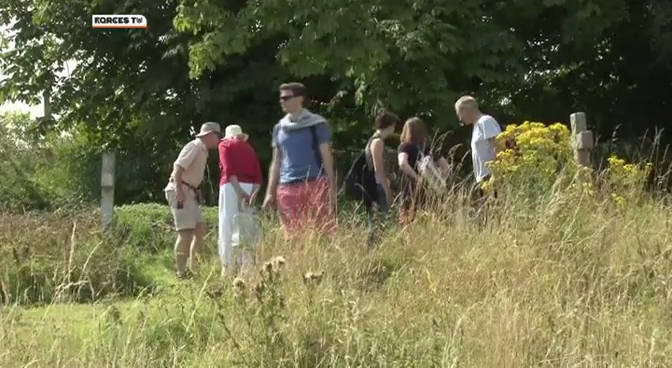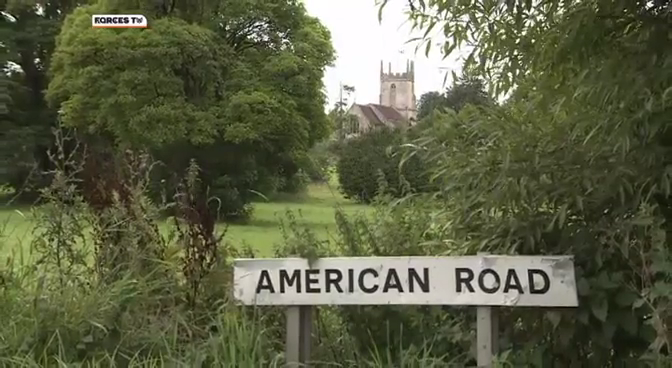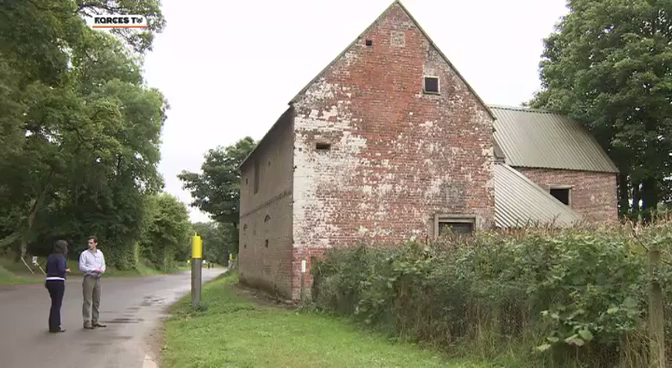'Ghost Village' to be even more deserted than usual
The Ministry of Defence is to cut the number of days the public is allowed access to the Salisbury Plain village of Imber which was taken over by the British Army in 1943 and never returned.
Visits have been allowed for about fifty days each year, including two weeks in August, but now the MOD has reduced it to only three days this year because visitors have been "attempting to access restricted areas."

Imber became a 'ghost village' after it was requisitioned by the War Department in 1943 and the entire population moved out.
Residents hoped to move back after the war ended, but their hopes were dashed as the area was retained for live firing practice.
Although many of the original buildings still exist, they are now just empty shells and the church is the only structure to have been maintained.
The church custodian, Neil Skelton, says visitors have been "trespassing in the restricted areas" of the deserted village.
He said: "Last August, we had probably around 4,000 to 5,000 people over the two weeks and at Easter it was manic."

A Ministry of Defence spokesperson said keeping visitors to Imber village safe was a "top priority", but there are worries that people are putting their lives at risk by trespassing into areas where there could be unexploded ordnance.
They said: "Unfortunately we have received numerous reports of members of the public placing themselves and others in danger during previous open days by attempting to access restricted areas."
The decision to reduce public access was made after a risk assessment.

However, the decision may bring problems on the days when access is allowed, according to Neil Skelton.
He said: "It's the sheer numbers, we're attracting so many people but if you reduce the number of days, you'll be squeezing more people into fewer days."









